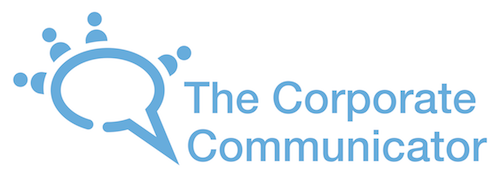
Did you ever end up in a situation where you thought: Guys, we made it so easy for you to switch to his new system or process, but you’re not even moving an inch!
Your initiative may have become the victim of a phenomenon that in psychology is described as Yerkes-Dodson Law…
The Yerkes-Dodson Law and Change Management
This psychological principle asserts that there is an optimal level of arousal (stress) that enhances performance, forming a bell-shaped curve: For change managers, this means designing change activities that create enough stress or arousal to spark engagement and initiative. The goal is to elevate stress levels to a point where it motivates action but does not tip into excessive anxiety that can block effective response.

For change managers, this means designing change activities that create enough stress or arousal to spark engagement and initiative. The goal is to elevate stress levels to a point where it motivates action but does not tip into excessive anxiety that can block effective response.
A certain level of stress is not only inevitable but necessary for optimal performance during organizational changes. Too little stress can lead to complacency and inertia, while too much can cause anxiety and paralysis. Therefore, the challenge for change managers is to strike the perfect balance in their communication, training, and leadership strategies to motivate action without overwhelming their teams.
Strategic Communication to Modulate Stress
- Calibrated Messaging: Tailor your communication strategies to raise awareness of the need for change without causing alarm. This involves presenting the changes as essential and urgent but also achievable. Use clear, concise messaging that outlines both the stakes of not changing and the benefits of engaging with the change process.
- Supportive Training Programs: Training should be designed to empower employees. While it’s important to underscore the critical nature of the skills being taught, the training environment should also reinforce confidence and competence, mitigating stress rather than exacerbating it.
- Engaged Sponsorship: Sponsors of change can play a pivotal role in modulating stress. They should be visible and vocal, providing reassurance and support, demonstrating commitment to the change, and showing empathy for the challenges that the teams face.
Balancing Stress Through Active Engagement
- Interactive Workshops: Instead of one-way communication, utilize workshops that allow for two-way interaction. This setup helps in gauging real-time stress levels and immediately addressing any concerns that could either heighten anxiety or lead to disengagement.
- Feedback Mechanisms: Implement mechanisms to continuously collect feedback on how the change process is perceived. This feedback can help in adjusting strategies to maintain stress levels within the optimal performance zone.
- Recognition and Encouragement: Regularly recognize efforts and celebrate milestones. This positive reinforcement can help maintain a constructive level of stress by validating the efforts and easing the anxiety associated with change.
Mastering the art of modulating stress levels is a key skill for effective change management. By applying the Yerkes-Dodson Law, change managers can create a dynamic environment where the stress of change is harnessed to foster heightened alertness, focus, and productivity. This strategic approach ensures that stress acts as a catalyst for action rather than a barrier, driving successful organizational change.
How do you manage stress levels within your change initiatives to optimize performance? What techniques have you found effective in keeping your team engaged but not overwhelmed? Share your experiences and insights on navigating the stress-performance curve in change management.
#ChangeManagement #Leadership #OrganizationalChange #PerformanceManagement
This is a copy of the same post on my LinkedIn blog. To comment and join the discussion on this topic switch to LinkedIn. Follow me for regular updates and blog articles: https://www.linkedin.com/in/drnilskoenig/
